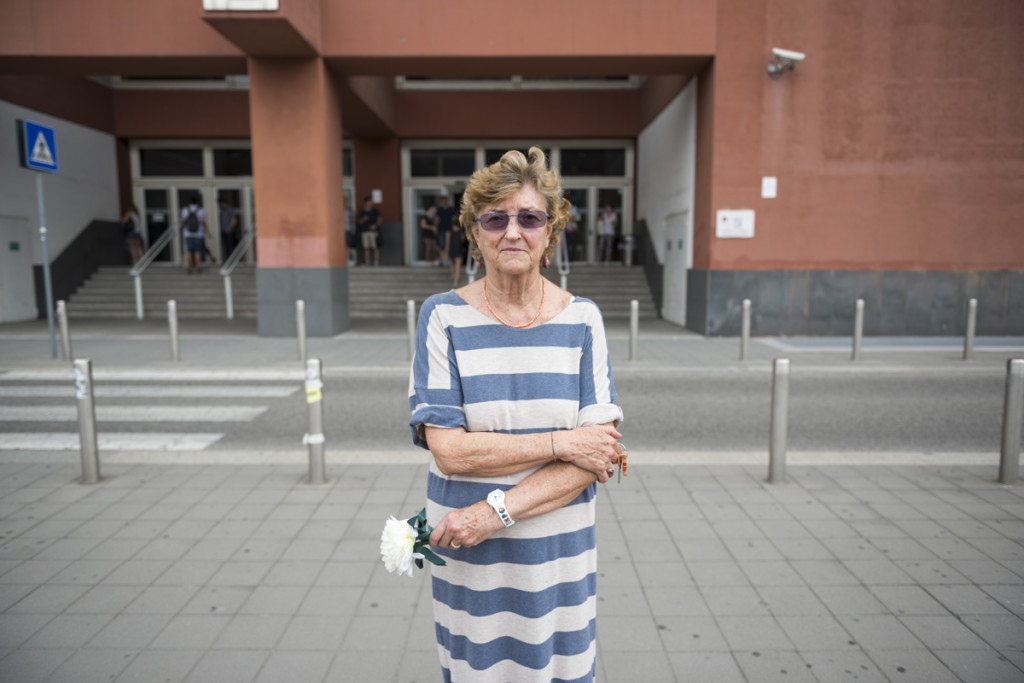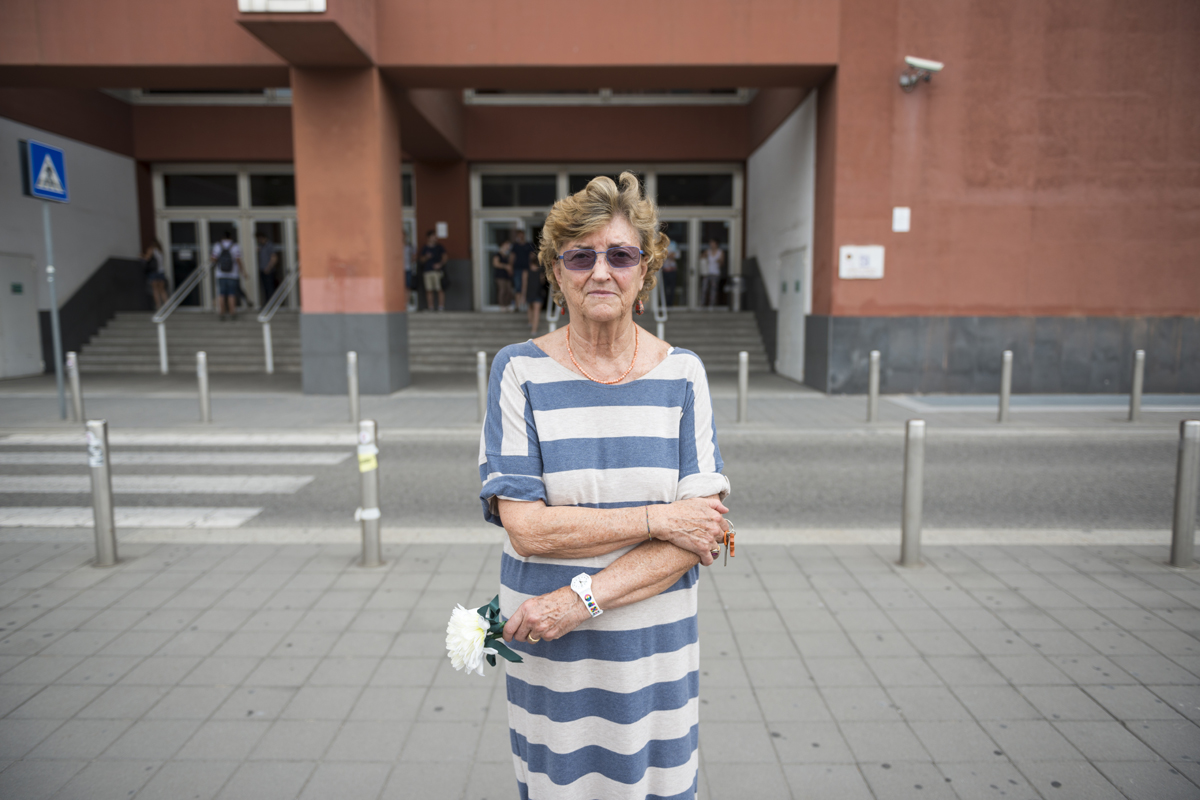
Francesca
FRANCESCA // docente universitario // Milano
Delegato del Rettore per Expo, Università Bicocca
Ho partecipato al Comitato Scientifico delle università milanesi per Expo fin dall’inizio, da circa due anni. L’esperienza del Comitato Scientifico è stata alquanto complicata dal momento che sulla carta la mission era chiarissima ma in pratica abbiamo riscontrato grosse difficoltà su vari fronti, la scarsità di contenuti, l’iniziale poco interesse di Expo società impegnata su altri fronti, la mancanza iniziale di soldi, struttura e di organizzazione. Tutti gli enti cercavano di partecipare ma senza darsi al 100% perché poi ogni ateneo, ogni soggetto che facesse parte di questa realtà aveva comunque delle attività in proprio. Un doppio binario delicato finché il comitato ha trovato una sua strada, alla fine ha fatto massa critica e sono emerse le capacità e la creatività dei singoli di far fronte ad un evento che ora sta raccogliendo interesse e curiosità.
Un commento più generale su Expo riguarda i contenuti: quanto effettivamente si stia discutendo di contenuti e quanto poi gli eventi convegnistici e seminariali impattino con il grande pubblico. Io ho cambiato idea con il passare del tempo. Il punto di partenza è che a nessuno se non a pochissimi è interessato dei contenuti fino a che non è stato inaugurato l’evento. Poi ha iniziato a svilupparsi Expoincittà, almeno una volontà seppure difficile da decodificare e, secondo me, con un impatto ridotto. Dentro Expo poi l’impatto della convegnistica è molto limitato, il problema di molti convegni è quello di avere un pubblico, il rischio è quello di una grande dispersione di energie. Però nello stesso tempo ho l’impressione che questa massa di incontri, seminari, eventi, convegni, attraverso i loro titoli, gli abstract e la necessità di comunicarli stia facendo passare una serie di temi anche sul grande pubblico. Almeno questa è la mia speranza. Certo, in termini di politica globale, non so.
Credo anche che un altro effetto importante, più difficile da riconoscere, è che Expo Milano, con la presenza molto rilevante di personalità del mondo della politica ma anche dell’economia, possa favorire scambi, anche grazie alla vicinanza fisica all’interno del sito espositivo, di tipo economico e commerciale che forse non si sarebbero fatti. Per tante ragioni penso tutto sommato che sia un evento positivo.
Chiudo con una grande preoccupazione per il dopo Expo, anche per altre città il dopo è stato un grande problema.
university lecturer // Milan
Rector Deputy for Expo, Bicocca University
I was a part of the scientific committee of Milanese universities for Expo since the beginning, about two years ago. The experience of the scientific committee was rather complicated because on paper the mission was very clear, but in practice we encountered many difficulties on various fronts: little content, the initial lack of interest on the part of Expo, insufficient funding, lack of structure and organisation. Everybody was trying to be a part of this, but without committing 100% because each university, each subject participating in this project had activities of its own. A delicate two-track approach, but finally the committee found its own way and built up a critical mass, allowing the skills and creativity of individuals to emerge, in order to deal with an event that is now raising interest and curiosity.
A more general comment on Expo refers to content: how much we are actually discussing about content and what impact conferences and seminars are having on the larger public. I changed my mind as time went by. The starting point was that nobody was interested in content until the event kicked off. Then Expoincittà started to develop, and at least that was a step in the right direction, albeit difficult to decipher and, in my opinion, with limited impact. Within Expo the impact of conferences is very limited – the problem with many conferences is having enough participants, the risk is a great loss of energy. At the same time, I feel that this mass of lectures, seminars, events, conferences, with their titles and abstracts, and the need to communicate them, is spreading awareness on a series of issues. That is my hope anyway, although I don’t know if this is the case in terms of global politics.
I believe that another important effect, more difficult to pinpoint, is that Expo Milano, with its sizeable presence of personalities from the world of politics and economics, can promote economic and commercial exchanges that maybe would not have taken place, also thanks to physical proximity. For many reasons I think this is a positive event after all. I would like to end with a concern for the legacy of Expo, which was a great problem also for other cities.

